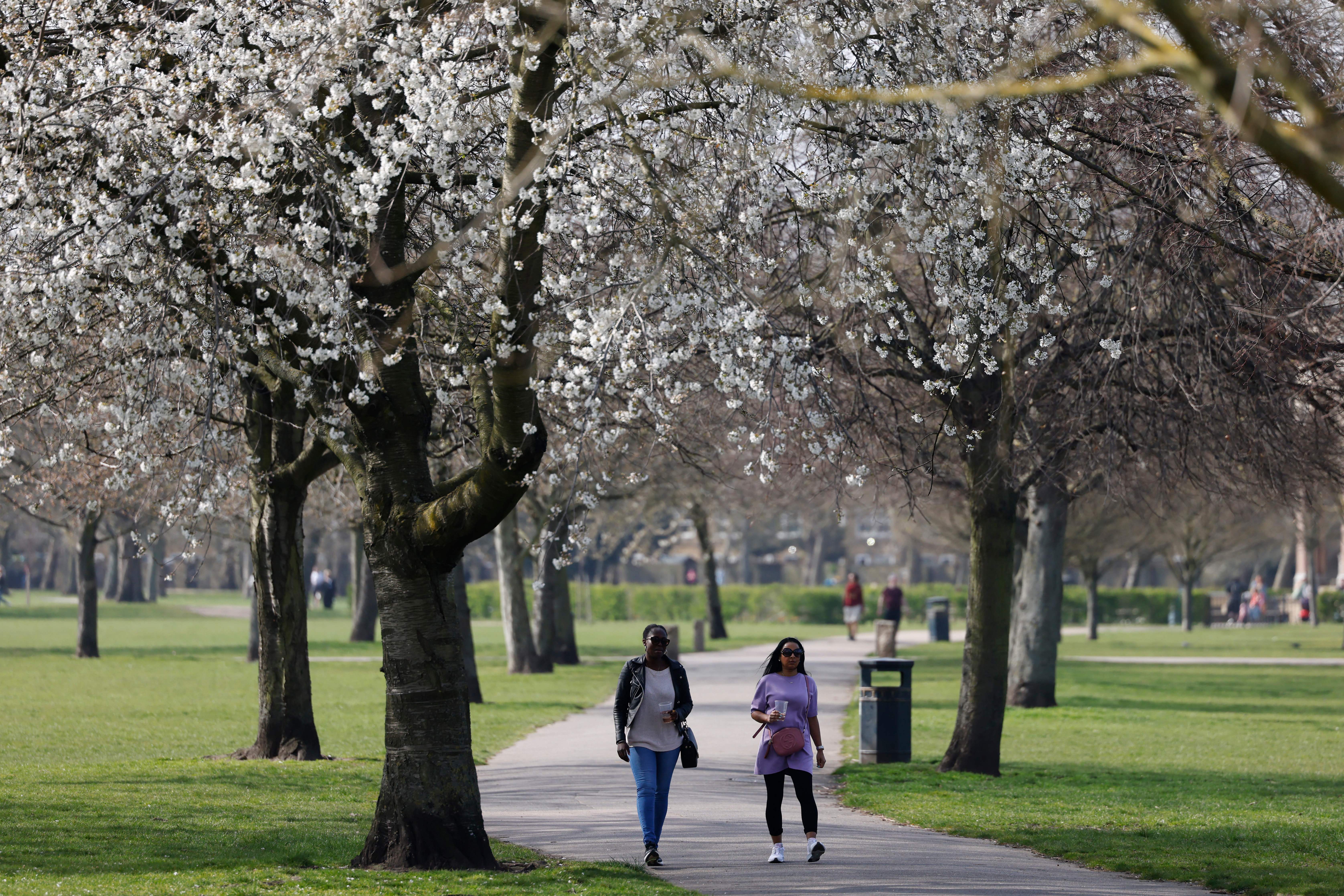Climate crisis threatens survival of 1,000 urban tree species
‘Increasing urban forest cover is a key climate action and liveability strategy,’ author says

Your support helps us to tell the story
From reproductive rights to climate change to Big Tech, The Independent is on the ground when the story is developing. Whether it's investigating the financials of Elon Musk's pro-Trump PAC or producing our latest documentary, 'The A Word', which shines a light on the American women fighting for reproductive rights, we know how important it is to parse out the facts from the messaging.
At such a critical moment in US history, we need reporters on the ground. Your donation allows us to keep sending journalists to speak to both sides of the story.
The Independent is trusted by Americans across the entire political spectrum. And unlike many other quality news outlets, we choose not to lock Americans out of our reporting and analysis with paywalls. We believe quality journalism should be available to everyone, paid for by those who can afford it.
Your support makes all the difference.More than 1,000 species of trees commonly found in cities are under threat from the climate crisis, researchers have found.
Scientists warned this could have important ramifications for urban spaces, with trees helping to keep areas cool and purify air for populations.
The new study looked at how more than 3,100 tree species in cities around the world were likely to cope with global warming and its impact on rainfall patterns, with wet areas forecast to become wetter and dry areas ever drier.
Around one third - 1,000 - were flagged as being under threat in the projected future climate.
This included oaks, maples, poplars, elms, pines, eucalypts and chestnuts.
The researchers from Western Sydney University looked at how urban tree species from more than 160 cities from 78 countries were likely to cope in the next 30 and 50 years.
“By 2050 an average of 65 per cent of species in each city will be at risk,” Dr Manuel Esperon-Rodriguez, the lead author, said.
He added: “A surprising finding was that about half of the tree species in each city examined are already experiencing climate changes that put them at risk.”

Another recent study found 56 per cent of urban trees are currently living in temperatures outside their comfort zone. It said this was expected to rise to 76 per cent by 2050.
Mr Esperon-Rodrigues from the Hawkesbury Institute for the Environment said greenery was important in cities for a number of reasons.
“Trees and shrubs absorb carbon dioxide and also cool their surroundings by providing shade and by pumping water up from their roots and releasing it through their leaves. This cooling effect makes people more comfortable and reduces energy used for cooling,” he said.
“They also purify air and water, provide habitat for native animals, and improve people’s mental health and wellbeing through connection to nature.
“With all these benefits, increasing urban forest cover is a key climate action and liveability strategy for many governments and communities around the world.”
The new study - published in the journal Nature Climate Change - comes just months after a landmark report warned cities were hotspots for the damaging impacts of the climate crisis, with health and sanitation in urban settings already being threatened.






Join our commenting forum
Join thought-provoking conversations, follow other Independent readers and see their replies
Comments